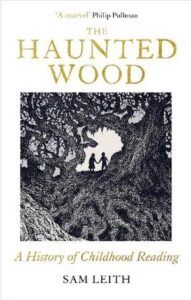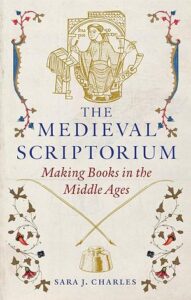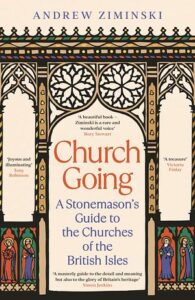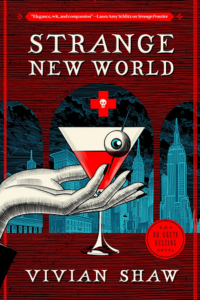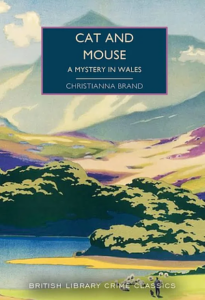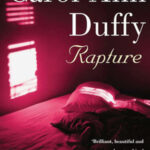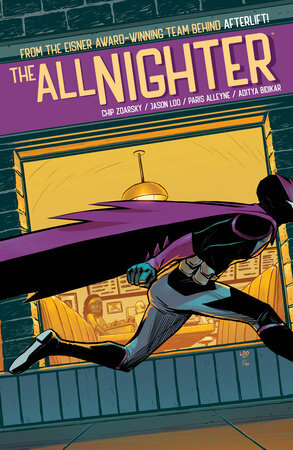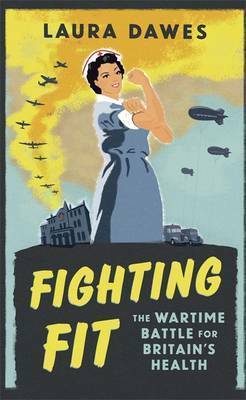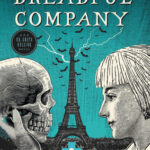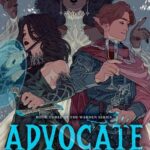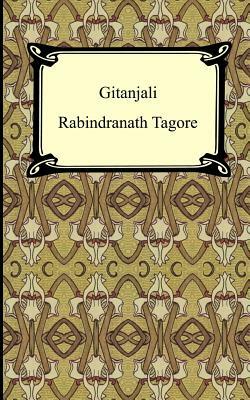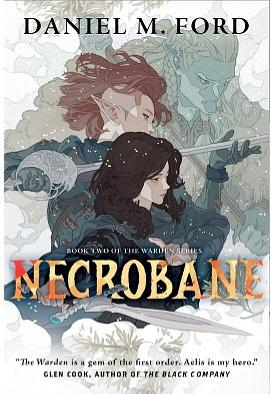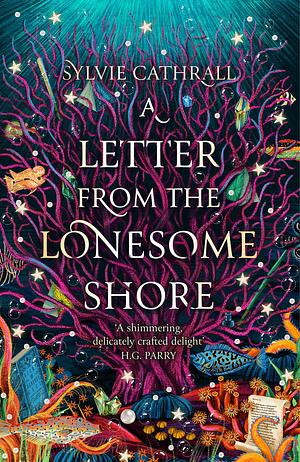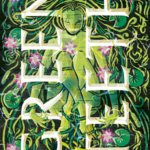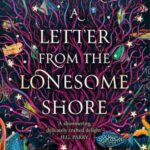Happy weekend! I’ve had a slow start today due to fitting a work thing in this morning, but hopefully a weekend of video games and books awaits me. My exams are creeping closer, but I try to keep my weekends as calm as possible all the same. Nobody can be on 100% of the time!
I hope everyone else is having the kind of weekend they want, so far.
Books acquired this week
Okay, deep breath! As you may recall from last week, I’d ordered quite a few books as a treat after realising I’d waaay oversaved for my taxes. The books I got for myself were exclusively non-fiction this time, though I had a few fiction arrivals for other reasons. Let’s do the non-fiction first!
First, a selection of the V&A museum’s “Fashion in Detail” books…
I’ve already read those and love them, I definitely intend to get more of these books from the V&A. But more about that when I post the reviews!
Next up, the somewhat more… random… non-fiction books! There is a bit of a history theme this time, no pop-science, though.
Finally, I did also get a small poetry collection, to test out what I think of the “Poetry Prescription” collections:
I did also get a book from my wife, received my preorder of a new book by Vivian Shaw, and seem to have forgotten to mention my latest British Library Crime Classic. So here they are, too!
So that’s a very exciting haul… and I’m likely to get some more books next weekend, as I’m meeting up with a friend specifically for the purpose of a bookshop trip. Usually I help him find more books than his budget will hold, but that doesn’t stop me stocking up too. Oh noooo… 😉
Posts from this week
As usual, a quick roundup of reviews posted this week:
- Fantasy: A Letter from the Lonesome Shore, by Sylvie Cathrall (5/5 stars)
- Romance manga: A Side Character’s Love Story, vol. 12, by Akane Tamura (4/5 stars)
- Fantasy: Necrobane, by Daniel M. Ford (4/5 stars)
- Classic crime short stories: Metropolitan Mysteries, ed. Martin Edwards (3/5 stars)
- Poetry: Gitanjali, by Rabindranath Tagore (4/5 stars)
- History: Fighting Fit: The Wartime Battle for Britain’s Health, by Laura Dawes (4/5 stars)
- Fantasy comic: The All-Nighter, vol 1, by Chip Zdarsky et al (3/5 stars)
I still have lots of reviews written up but unposted, but slowly we’ll catch up if I keep posting at this rate!
What I’m reading
Let’s start with the usual sneak peek at what I’ve finished reading in the past week! I’m fully caught up on writing reviews, but as ever, it’ll be a while before most of them are posted.
As you see I’ve been reading quite a bit of poetry — a number of these were rereads, because I was curious what I thought of them as an adult, and also whether I want to keep them, since these have all been kept at my parents’ house quite a while, since I finished my first degree. I’ll be re-reviewing these since either they were never reviewed on the blog, or they deserve the reconsideration a decade later!
As usual, I haven’t included any rereads I’m not going to review again, though there were a couple: I’ve been rereading The Scum Villain’s Self-Saving System and Vivian Shaw’s Greta Helsing series.
As for this weekend, my plans involve a return to reading fiction to try to finish off my Book Spin Bingo card on Litsy — though I’m also delving into one of my new books, Medieval Graffiti, and finding that fascinating. I’ll probably do some rereading, too, and generally try to follow my whim and get refreshed for a hard work of study ahead.
Hope everyone has a great week!
Linking up with Reading Reality’s Stacking the Shelves, Caffeinated Reviewer’s The Sunday Post, and the Sunday Salon over at Readerbuzz, as usual!



